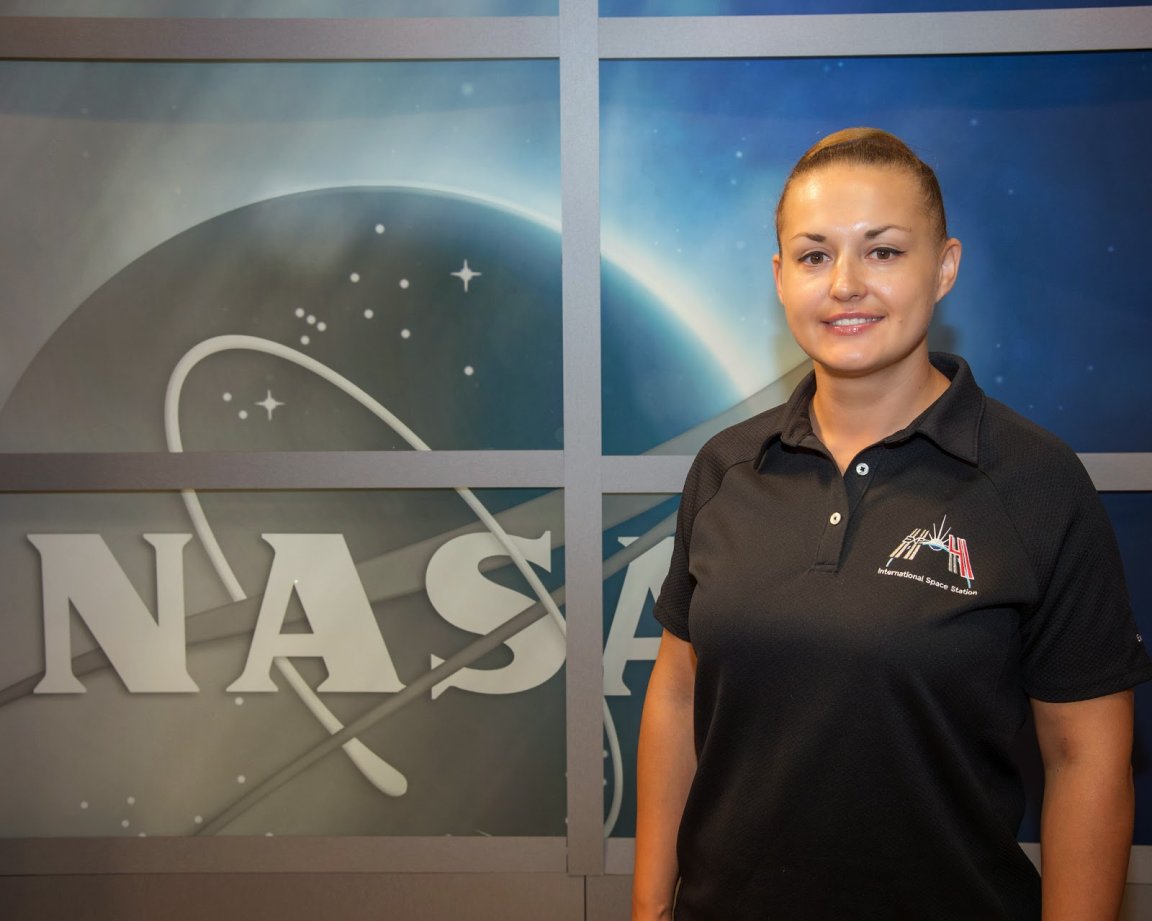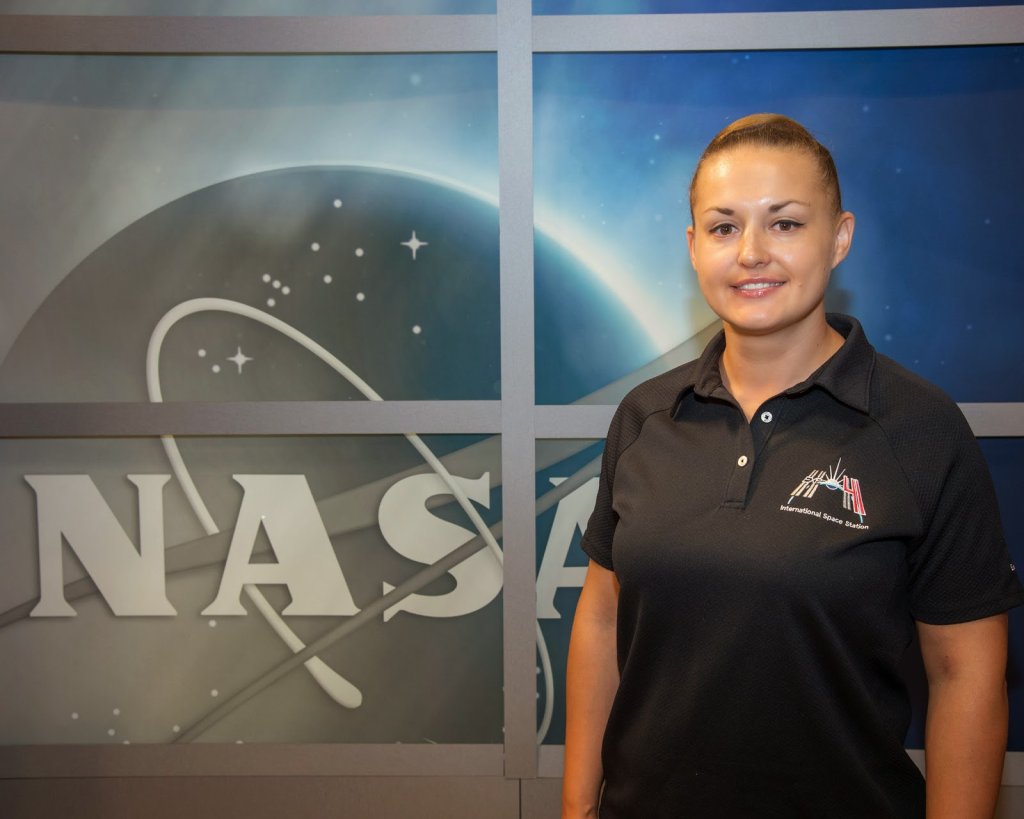

This past week has been a busy one for the International Space Station (ISS). The station received a fresh supply of cargo, research experiments, and three new crew members — including its first ever female cosmonaut. Elena Serova made history by being the first Russian female comsonaut to live aboard the station, and only the fourth Russian woman to ever fly in space. This is in stark contrast to the United States, with over 40 female astronauts, two of which served as commander of the station. Peggy Whitson served as station commander in 2007-2008, and Sunita “Sunny” Williams in 2012.
Serova and her crewmates, NASA astronaut Barry “Butch” Wilmore, and Russian cosmonaut Alexander Samokutyaev launched from the historic Baikonour Cosmodrome in Kazakhstan at 4:25 p.m. EDT (2:25 a.m. local time). Their Soyuz arrived at the station approximately six hours later, despite a faulty solar array, which deployed after docking. NASA said the crew was never in any danger and even arrived slightly ahead of schedule, officially docking at 10:11 p.m. EDT (0211 GMT).

The addition of Serova, Wilmore, and Samokutyaev boost the crew numbers back up to six, following the departure of NASA’s Steve Swanson, and the Russian Space Agency’s Alexander Skvortsov and Oleg Artemyev. The remainder of the Expedition 41 crew is NASA astronaut Reid Wiseman, ESA astronaut Alexander Gerst, and Russian cosmonaut Maxim Suraev, who are all slated to return to Earth in November.
The first woman in space was Russia’s Valentina Tereshkova back in 1963. Sveltlana Savitskaya was Russia’s second female cosmonaut, and she flew two missions (1982 and 1984) and even has the distinction of being the first woman to conducted an EVA (or spacewalk). In 1984, she helped repair the Soviet Union’s Salyut 7 space station. Yelena Kondakova was Russia’s third female cosmonaut to fly and the first woman to complete a long-duration mission on Mir in 1994-1995, and is the only female cosmonaut to fly aboard the Space Shuttle (STS-84 on Atlantis).
Nearly two decades later, Elena Serova is only the fourth Russian woman to fly in space. Something to note: since 1961, only 18 women have been selected as cosmonauts. In a pre-flight interview, Elena tried to make light of her place in history. She said, “Space is what I do for work. That’s what I think about it – it’s my work. But, obviously for Russian women it is a breakthrough.” Serova is a graduate of the prestigious Moscow Aviation Institute, was selected as a cosmonaut in 2006, and assigned to Expedition 41 back in 2011.
Despite all their accomplishments and firsts, women in the Russian space program have had a difficult time, to say the least. In 2005, for instance, Russia’s top space medical institute said women should not lead the way to Mars, because they are “delicate and fragile.” Serova worked in Russian Mission Control and as an engineer for Russia’s Energia rocket company prior to her joining the cosmonaut corps. She is married to fellow cosmonaut, Mark Serov, who retired before he flew any missions. They have an 11-year-old daughter.

Even with all her credentials and accomplishments, Serova had to take questions at pre-launch briefings on her hair and make-up regime in space, and also how the distance will affect the relationship she has with her daughter. Elena was quick to retort, “Aren’t you interested in the hair styles of my colleagues?” Notably, men are rarely asked about their appearance or children (though it has been known to happen). Watch her shut down the question below (skip ahead to 30:30):

NBC space news analyst James Oberg said it best about Elena, “She is the first Russian woman to fly in space, purely on her professional merits — and aren’t they spectacular? She deserves, and I’m sure will earn and ultimately receive, a major role in human spaceflight in coming decades. She could easily be the first woman on the Moon.”
Elena is currently the only female astronaut on station, but will soon be joined by another woman, Italian astronaut Samantha Cristoferetti in November. Cristoferetti is the third European woman to fly on station. The first was British astronaut Helen Sharman in 1991, and French astronaut Claudie Haignere in 2001.
Did you miss Serova’s historic launch? You can watch it below.
